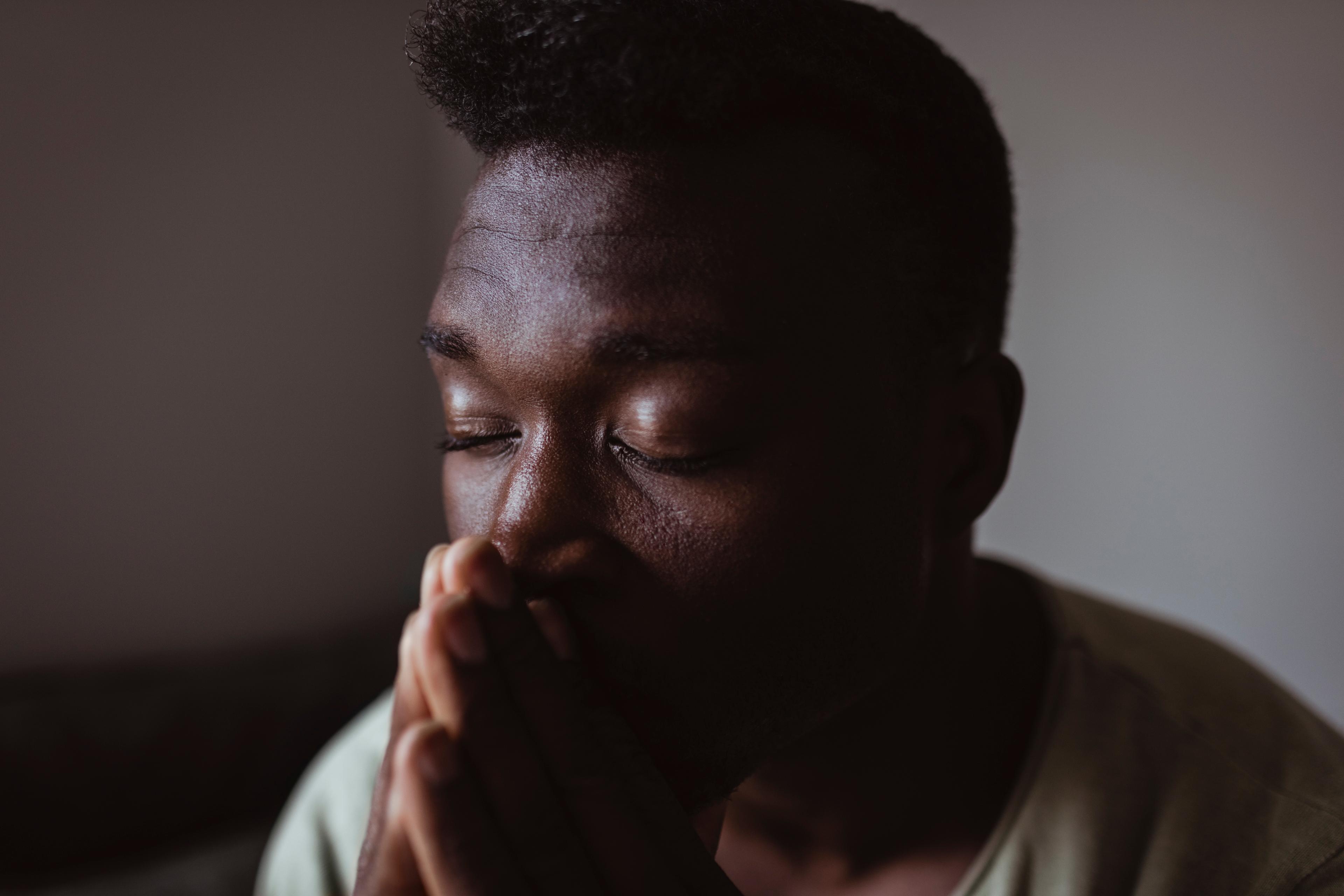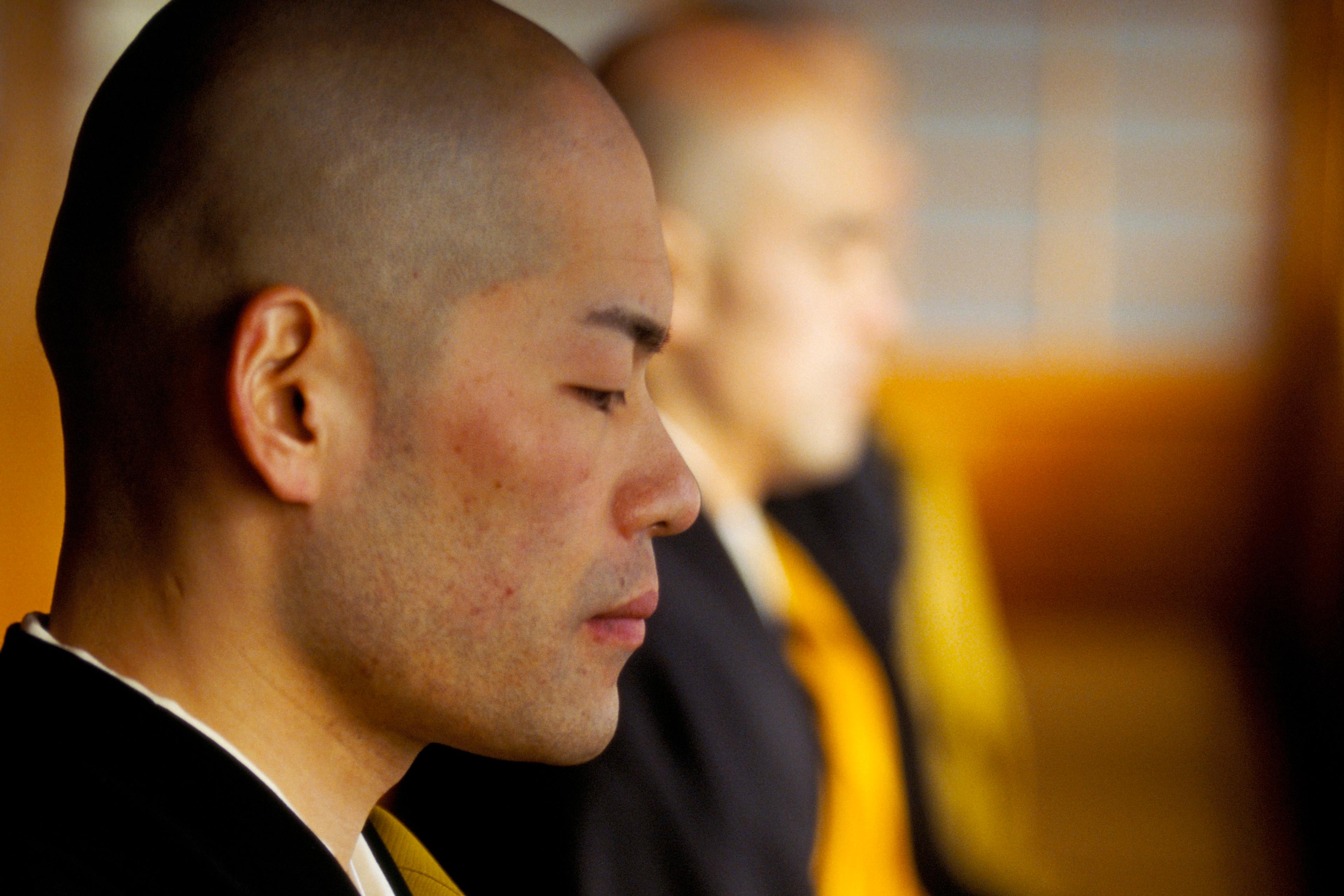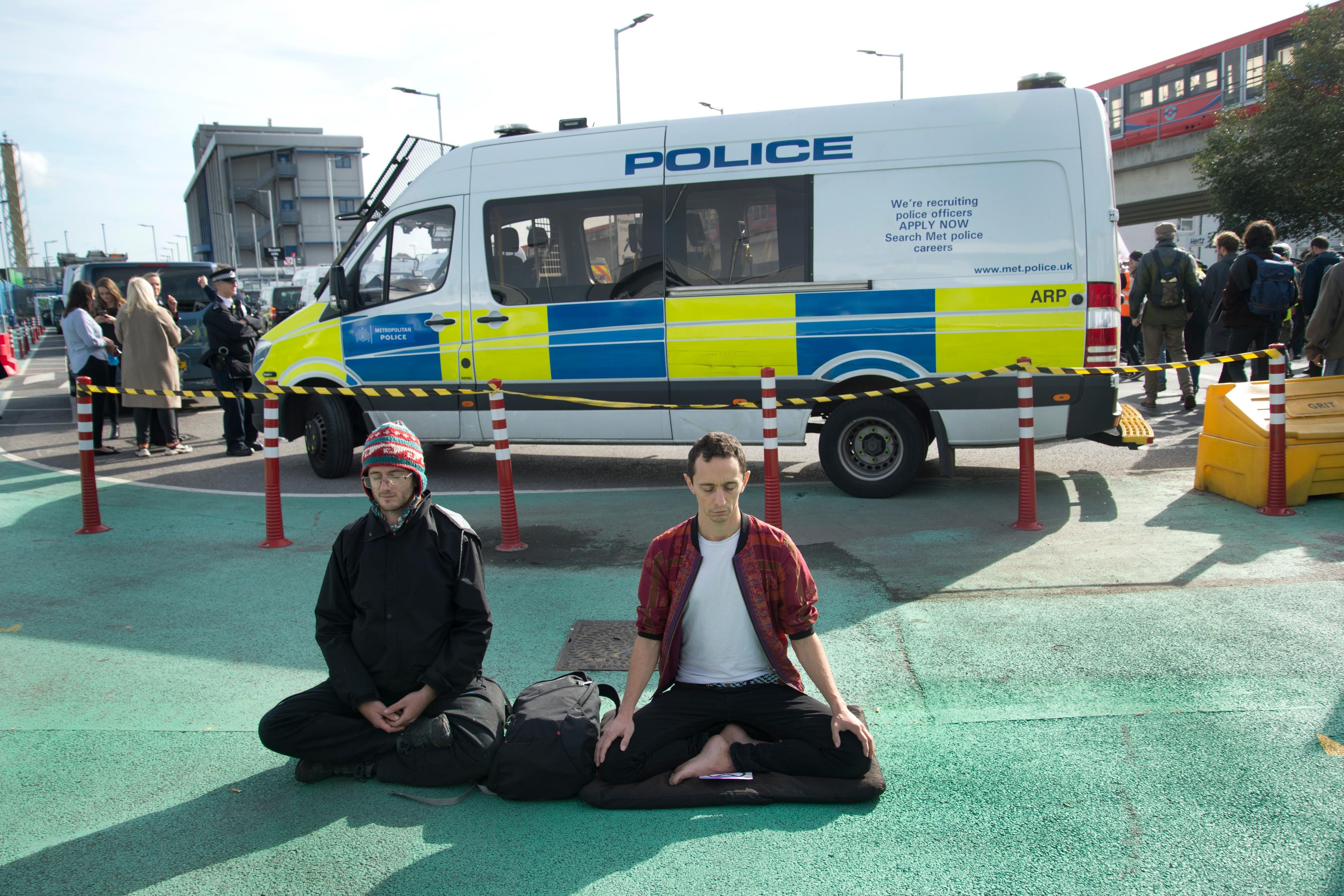So much is written and spoken about the benefits of meditation, prayer and other spiritual practices, but what you don’t usually hear mentioned is how boring they can be. This is not simply to say they can be difficult or challenging. Boredom is a distinct and unpleasant emotional state in which time seems to stand still, your body is lethargic, and you feel a strong desire to escape the situation.
I was chatting to a friend about it the other day and she shared various issues with meditation, such as a wandering mind and feeling tired while meditating. She also described how time seemed to drag on in an unpleasant way – a key sign of boredom. To try to overcome this, she began practising guided meditations – yet the uncomfortable feelings remained and, eventually, she stopped meditating altogether. Now, she feels frustrated because she genuinely believes meditation could be beneficial to find calmness and improve her focus.
My friend is far from alone. When prompted, I’ve heard people describe similar struggles with other spiritual practices such as yoga, silent retreats, pilgrimages and sermons. In fact, what my colleagues and I call ‘spiritual boredom’ has a long tradition. Christian history contains numerous depictions of boredom: paintings of yawning congregants, people sleeping during sermons, and so on. In the Middle Ages, this phenomenon was recognised as a spiritual malaise called acedia (from Latin), characterised by listlessness and melancholy. Christians referred to it as the ‘demon of noontide’ – a concept described by St Thomas Aquinas as the ‘sorrow of the world’ and the ‘enemy of spiritual joy’.
Beyond these examples from Christian history, reports of boredom can be found in almost every spiritual practice. For instance, in Buddhist contexts, there are accounts of boredom during Asanha Bucha Day sermons. Similarly, some reports relating to mindfulness meditation describe experiences of ‘void’ – an emotional state combining boredom and psychological entropy.
Yet despite its historical presence, spiritual boredom seems to be rarely discussed. Spiritual teachers and guides seldom acknowledge it, even though it might significantly affect engagement with spiritual practices. In general, talking about boredom is often a clear taboo for people. In terms of impression-management and image-engineering, people prefer to talk about their successes and fulfilling activities. They might think that mentioning boredom will imply they believe the activity is a waste of their time or that they somehow don’t ‘get it’. Meanwhile, spiritual teachers may avoid discussing boredom because it could suggest that their guidance is ineffective.
Spiritual boredom matters: it could reduce participation in practices – or even lead people to abandon them altogether. In today’s world, spiritual engagement is arguably more important than ever. In the face of global crises such as climate change and ongoing wars, many people turn to spiritual growth as a way to foster empathy and social connectedness, potentially counteracting trends of egocentrism and hyper-competition. Spiritual practices can help cultivate values that benefit the common good.
As an educational psychologist, I’ve long been interested in boredom in school settings where it can hinder learning and achievement. Spiritual growth can also be viewed as a learning process and, just as boredom can have detrimental effects in educational contexts, it may cause similar problems for spiritual practices and development.
The low average boredom during pilgrimages might stem from their inherent variability
This is what prompted my colleagues and me to search the psychological research literature for studies examining spiritual boredom – its levels, antecedents and consequences. To our surprise, we found no dedicated research. So, we decided to investigate it ourselves.
We explored five common spiritual contexts: yoga, meditation, silent retreats, Catholic sermons, and pilgrimages. We surveyed 1,267 adults using online questionnaires, asking them about their experiences of boredom during these practices (they rated their agreement with statements such as ‘During the yoga session I had just completed, I was bored’), as well as potential causes and effects of that boredom.

The Sleeping Congregation (1762) by William Hogarth. Courtesy the Met Museum, New York
Although the average score for spiritual boredom across all practices was relatively low at 1.91 (based on a scale from 1 ‘completely disagree’ to 5 ‘completely agree’), we found that many of our participants had experienced significant levels of boredom. The average scores varied significantly by context, ranging from a low of 1.24 (for pilgrimages) to a high of 3.60 (for Catholic sermons), but there were individuals who reported high levels of boredom (scores of 4 or 5) in every context.
The relatively low average boredom reported during pilgrimages might stem from their inherent variability: changing landscapes, weather conditions, challenges, and encounters with diverse people – all of which can reduce monotony. Sermons, by contrast, tend to be much less dynamic, requiring passive listening and offering fewer opportunities for engagement.
Our theoretical framework for the study was the Control-Value Theory (CVT), developed about 20 years ago by the psychologist and educational scholar Reinhard Pekrun. The CVT was focused originally on academic settings related to learning and achievement but, over the past five years, its scope has broadened considerably to the workplace and other contexts.
The CVT posits that boredom is primarily driven by two factors: perceived control and the subjective value of the activity. Accordingly, boredom arises when we feel overchallenged or underchallenged (reflecting a mismatch in control) or when we consider the activity to have low personal relevance. Applying this to a spiritual context, imagine that during a guided yoga session a participant finds the breathing exercises too challenging and so mentally or physically disengages from the practice – potentially resulting in boredom. Or think of a dull, uneventful section of a pilgrimage or spiritual walk, leaving someone feeling underchallenged due to the lack of external stimulation, which could also lead to boredom. Similarly, during a silent retreat, a person might feel deeply bored if they fail to see the retreat’s relevance to their personal life, goals or values.
Note that the two boredom-precipitating factors identified by CVT are separate and do not always correspond, though they can combine. Take my friend who meditates, for example: she genuinely believed in the benefits of meditation, so it had high subjective value for her. Yet she felt significantly overchallenged – both when practising on her own, likely due to setting overly ambitious goals, and when attending a demanding guided meditation group. It’s reasonable to assume that her feelings of boredom would have been much more intense if she hadn’t perceived the practice as personally valuable.
Spiritual routines can lose their meaning over time, especially if they become habitual
Our findings align well with this theory. We asked our participants questions about the value they saw in their spiritual practices and how challenging they found them. Feelings of being over- or underchallenged and a lack of personal relevance were associated with a greater experience of spiritual boredom.
I can imagine that feelings of being over- or underchallenged are particularly common in group practices or pre-structured programmes, where a person’s individual needs may be overlooked. An example of this is sermons, during which it can be strongly assumed that some people may feel overchallenged while others feel underchallenged. Additionally, spiritual routines can lose their meaning over time, especially if they become habitual. For example, attending sermons out of tradition rather than personal conviction, or meditating routinely without reflecting on its relevance.
We also asked our participants about their levels of motivation and mindfulness during spiritual practice and, perhaps unsurprisingly, we found that spiritual boredom was associated with lower scores on both counts. Although these are correlational results, they’re consistent with the intuitive idea that boredom can significantly diminish the transformative potential of spiritual activities. For example, if someone aims to become calmer in life through meditation but feels bored during the practice, accompanied by a constant desire to escape the situation, the meditation might actually be more agitating than calming, and thus fail to have a positive effect on their overall sense of calm.
Having said all that, I don’t believe boredom is just an obstacle – it could also be informative. From an evolutionary perspective, boredom exists to signal misalignment. It’s your brain’s way of saying: ‘This doesn’t suit you – change something.’ If you ever find yourself bored while meditating, praying or listening to a sermon, it might be helpful to ask yourself: ‘Am I over- or underchallenged?’ and ‘Does this practice (still) hold personal meaning for me?’
If you feel over- or underchallenged, you could try to adapt your practice to meet your personal needs. To take an obvious example, maybe you are consistently overchallenging yourself with very long meditation sessions, in which case, try shortening the practice time to the point before it becomes boring. During group sessions, meditation teachers might suggest that participants avoid pushing themselves too hard when they feel overchallenged during practice. Similarly, if you find a practice lacks meaning for you, try to reflect on and remind yourself of its relevance and benefits – and why you started the practice in the first place. Again, teachers and spiritual leaders can help. For example, after a meditation session, a teacher could regularly initiate a brief exchange where participants share any positive effects they’ve experienced – such as the ability to let go of unfounded worries during daily life.
In short, don’t be embarrassed by your feelings of boredom or simply try to push them away. Those feelings are an important signal that the practice may not be optimal for you. It’s as if boredom is saying: ‘Change something, so I no longer need to be here’ – it’s a natural and potentially helpful signal that can guide your actions toward better alignment with your needs. That’s why talking openly about spiritual boredom should be encouraged: it could lead to meaningful and fulfilling conversations.
As for my friend, she resumed her meditation practice and consciously worked on not overchallenging herself – choosing to end the session whenever boredom signalled a sense of overwhelm. Gradually, she extended the duration of her sessions, allowing for natural fluctuations. Now that she feels the practice aligns well with her abilities, she appreciates it all the more. She is a vivid example of how boredom – when understood as a meaningful signal – can resolve itself by pointing to a misalignment. In her case, this ultimately led to a more fulfilling spiritual practice and a greater sense of calm in everyday life.








